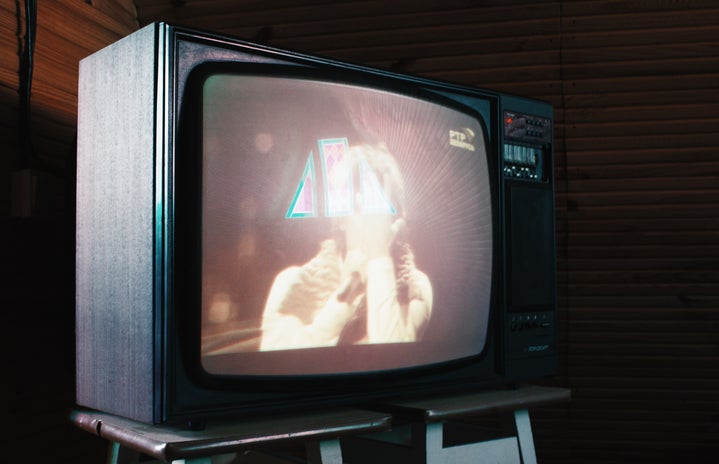Building a rocket, fighting a mummy, and climbing up the Eiffel Tower; from an outside perspective, these activities are equally as unrelated as they are bizarre. To anyone who grew up religiously watching Phineas and Ferb on Disney Channel such as myself, these iconic lines can be grouped together to represent something empowering: a rare example of a cartoon that respects the intelligence of its young audience,while remaining incredibly engaging.
Phineas & Ferb, a show about two inventive step-brothers and their adventures, is one of the best children’s cartoons to air on television— because it makes the effort to not patronize, but to celebrate the creativity and maturity of adolescent minds.
One of the show creators, Jeff Swampy Marsh, highlights that “children are much more intelligent than [adults] give them credit for”. Because of this, he “never took [any joke or writing] out of the script just because he thought kids would not get it. This proves that the show is written with mature, witty dialogue in mind; not one that is diluted and condescendingly labeled “just for kids”. Renowned media scholar Jason Mitchel even states that, “rather than addressing a dumbed-down” child audience like most cartoons tend to do, such as spongebob, “Phineas & Ferb treats its young fans as savvy and sophisticated”, allowing kids to feel intellectually challenged while watching.
Likewise Phineas and Ferb motivates kids to fulfill their own potentials by showcasing the processes of building creative inventions. If the characters can build roller coasters, time machines, robots, and other engineering feats — all without adults invalidating their capabilities— then kids in real life will adopt this mindset and work to achieve their own goals.
One particular example of this occurs in the pilot episode. An adult engineer approaches Phineas, asking, “Aren’t you a little young to build a rollercoaster?” in which Phineas confidently responds: “Yes, yes I am.” In this tongue-in-cheek way, Phineas & Ferb constantly subverts viewers’ expectations of what it means to be a child. We were all kids once, and we all understand how it feels: The struggle of being misunderstood, or incapable of achieving our goals… simply because we “weren’t mature enough” to understand them yet. Phineas & Ferb corrects this, by not depicting children as helpless creatures, but empowering them as creative individuals.
Simply put: this show encourages children to be imaginative and confident in their passions. At Phineas and Ferb’s core is the belief that youth are the key to a better future, and each episode gives kids the mental tools to build this future with confidence: thus, cementing Phineas & Ferb’s spot as one of the best children’s cartoons ever aired on television.


